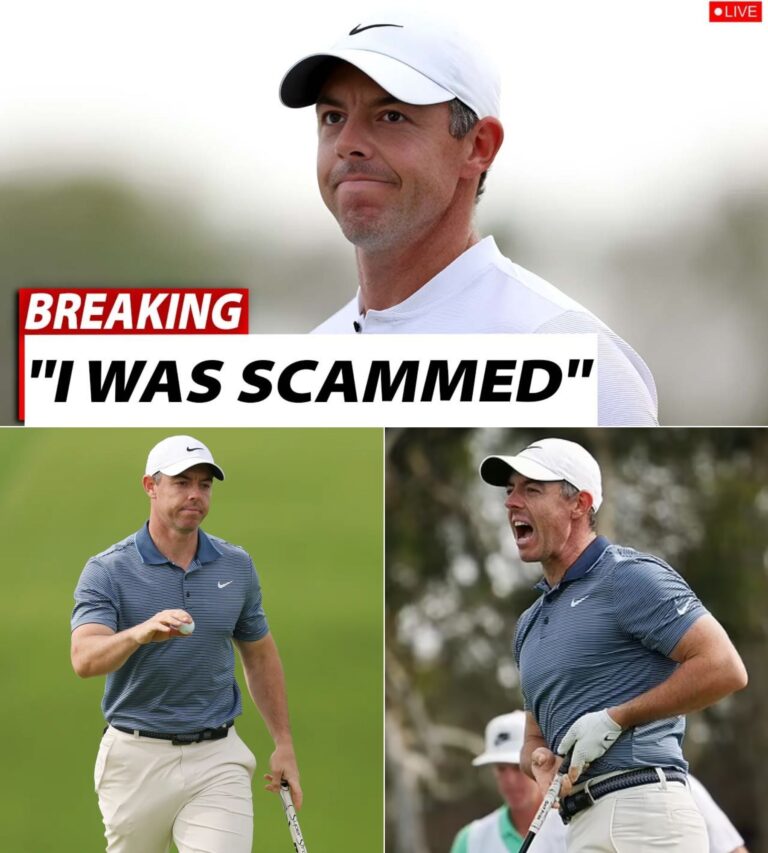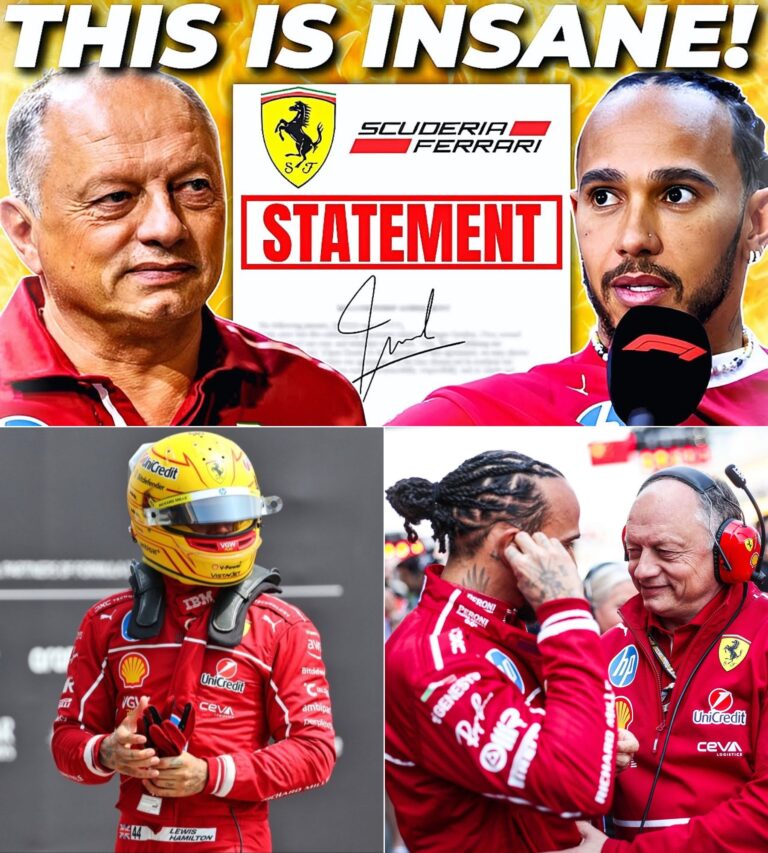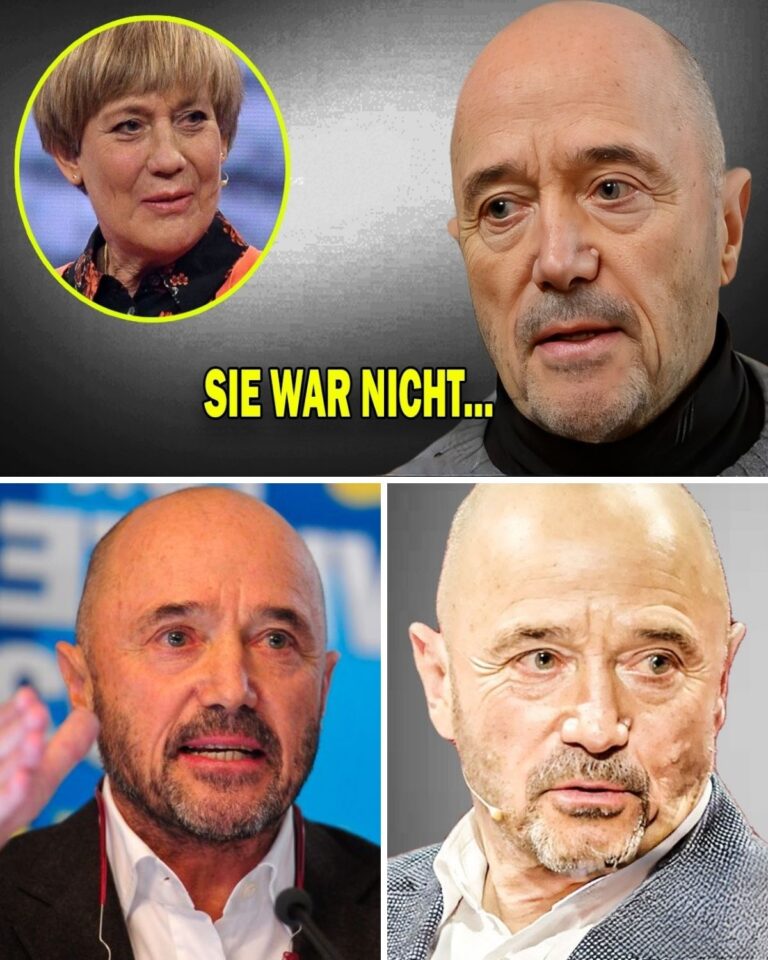Toto Wolff has sent a shockwave ripping through the Formula 1 world with his unexpected decision to sell part of his stake in the Mercedes F1 team — a move that instantly set off speculation, panic, and wild theories about the team’s future. The announcement landed like a financial thunderbolt, valuing Mercedes at a staggering $6 billion, a number that is rewriting the economics of modern F1.

Wolff is parting with around 5% of his personal share, reducing his ownership from 33% to 28%. But fans who feared an exit can breathe again — Wolff is staying exactly where he is as team principal and CEO, maintaining full control of day-to-day operations and long-term strategy.
The buyer is George Curtz, CEO of CrowdStrike — a name already embedded in Mercedes’ ecosystem through sponsorship and long-standing collaboration. But this is different. Curtz isn’t just buying shares… he’s buying influence, authority, and a foothold inside one of the most successful racing teams in history. And he’s doing it just as the sport prepares for the massive regulatory reset coming in 2026.

Financially, this move is nothing short of extraordinary. When Wolff invested $165 million in 2013, Mercedes was a strong team — but not yet a global powerhouse. Since then, the team’s value has skyrocketed 3,600%, fueled by a dynasty of eight consecutive constructors’ titles, Lewis Hamilton’s record-breaking dominance, and the worldwide explosion of F1 fandom driven by Drive to Survive.
Selling now isn’t a retreat. It’s a calculated masterstroke.
Wolff secures long-term personal stability, brings in a major investor with deep pockets and technological firepower, and preserves full command of the team. Meanwhile, Mercedes strengthens its foundation for the upcoming 2026 regulation overhaul — a moment many believe will reshuffle the entire competitive order.

With $812 million in revenue in 2024, a battle-tested technical department, and now a fresh injection of strategic investment, Mercedes is positioning itself for a potential new era of dominance. What fans initially interpreted as a warning sign is increasingly being recognised as a bold play — one that could redefine the next decade of Formula 1.

One thing is clear:
Toto Wolff isn’t stepping back.
He’s arming the empire.
Whether this marks the beginning of a renaissance or a seismic shift in power, the truth is undeniable — the game has changed, and the shockwaves are only beginning.





